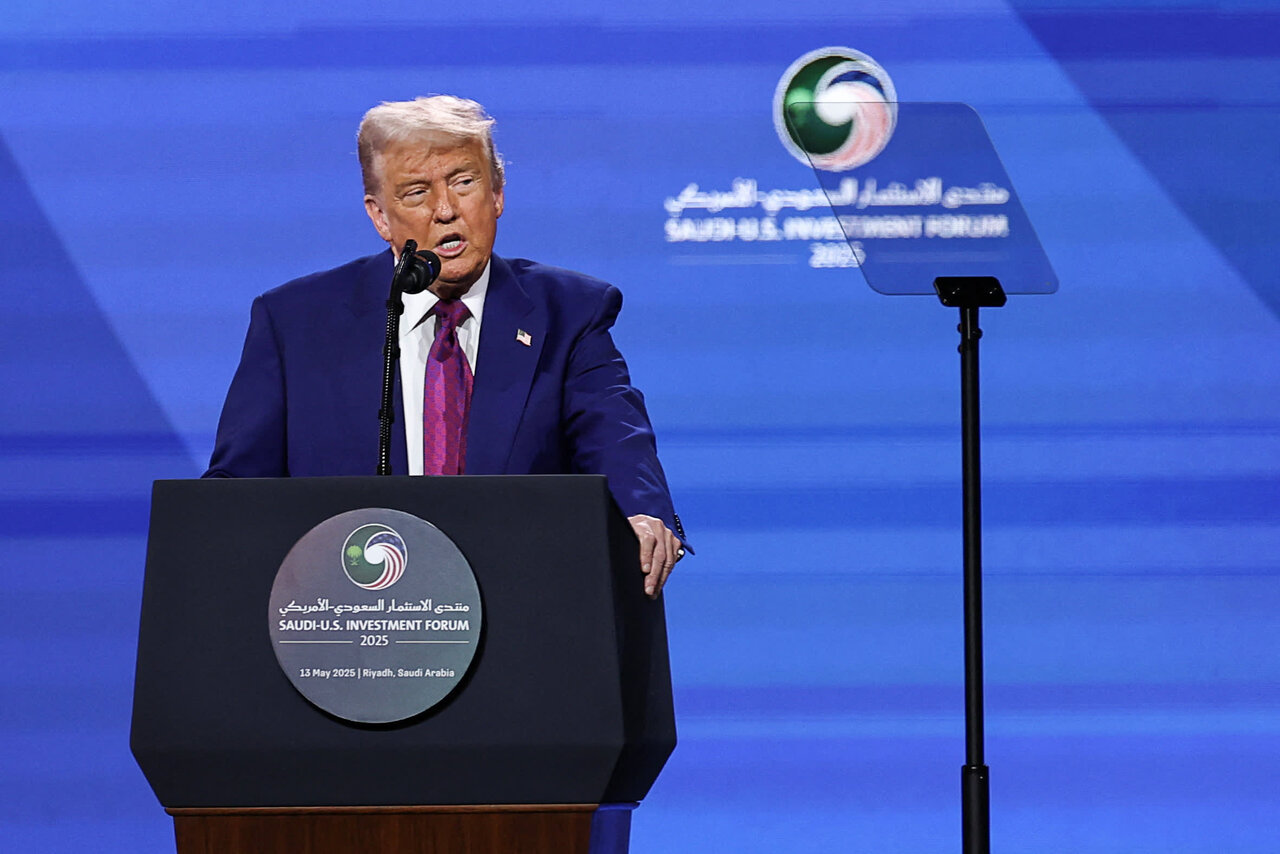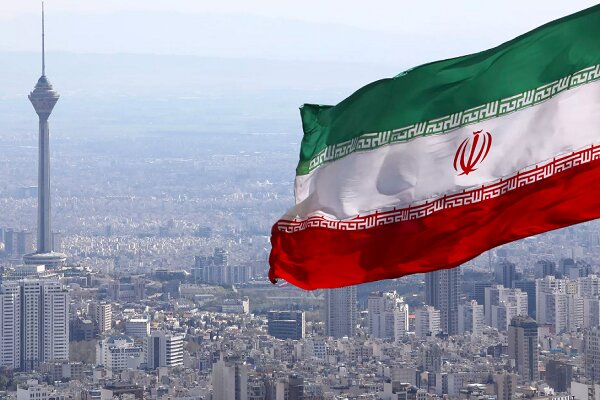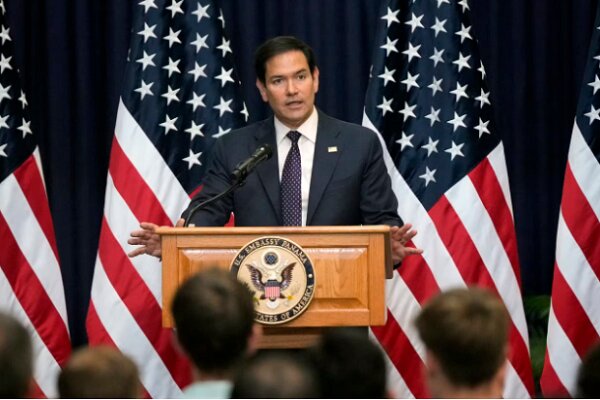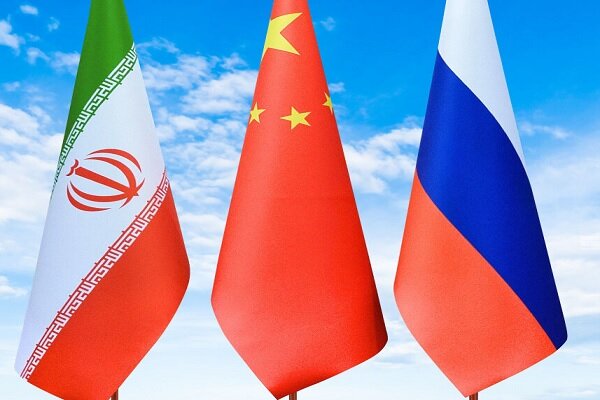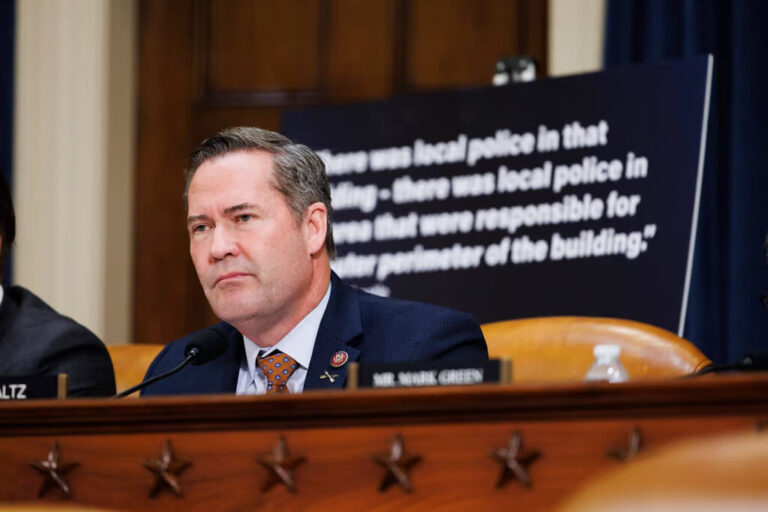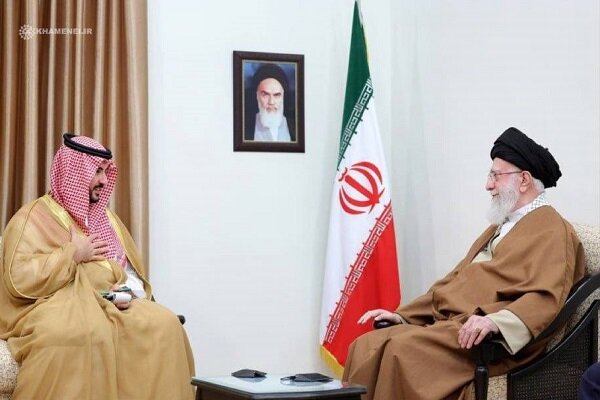Trump Unveils Bold Plan to Lift Sanctions on Syria: What This Means for U.S. Foreign Policy
In a significant move affecting international relations, President Donald Trump has announced his intention to lift sanctions on Syria, following the collapse of the Assad regime. This decision, which aims to provide the war-torn country with an opportunity for recovery and growth, was shared during a speech at a Saudi investment forum. Trump’s dialogue with prominent leaders such as Saudi Crown Prince Mohammed bin Salman and Turkish President Recep Tayyip Erdogan played a crucial role in shaping this decision.
During his remarks, Trump emphasized the dire situation in Syria, stating, “Syria, they’ve had their share of travesty, war, killing in many years.” He highlighted that his administration has already initiated steps to restore normal relations between the United States and Syria, marking the first time in over a decade that such measures are being considered. Notably, Secretary of State Marco Rubio is scheduled to meet with Syria’s foreign minister in Turkey later this week, signaling a potential shift in diplomatic dynamics.
The fall of the Assad regime occurred during the Biden administration in December, paving the way for a new governance structure in Syria. This transition has led to expectations that Trump would reevaluate the stringent sanctions imposed on the nation. He stated, “The sanctions were brutal and crippling and served as an important — really an important function — nevertheless, at the time. But now it’s their time to shine.” This optimism reflects Trump’s hope for a brighter future for Syria, urging the new government to demonstrate their potential for success.
One of the pivotal figures in this new Syrian administration is President Ahmad al-Sharaa, who has a controversial past. Previously, al-Sharaa founded the militant group Jabhat al-Nusra, which had ties to al-Qaeda. However, in a significant shift, he distanced himself from the terror group in 2016, according to the U.S. Center for Naval Analyses. This transformation is crucial as the new leadership attempts to stabilize the nation.
Trump’s plans include an informal greeting with President al-Sharaa in Riyadh, which a White House official confirmed earlier. This meeting could serve as a vital step in fostering diplomatic relations and rebuilding trust between the United States and Syria.
- Key Points of Trump’s Announcement:
- The lifting of sanctions is aimed at providing Syria a chance for recovery.
- Trump has already initiated steps toward normalizing relations with Syria.
- Secretary of State Marco Rubio’s upcoming meeting with Syria’s foreign minister indicates diplomatic engagement.
- Ahmad al-Sharaa, the new Syrian President, has a complex past with militant groups.
- Trump hopes for the new government to establish stability and peace in Syria.
As the situation evolves, the international community will be closely watching how this decision unfolds and its implications for regional stability. The lifting of sanctions may open avenues for humanitarian aid and economic development, but it also raises questions about the future governance of Syria and its relationships with neighboring countries.
President Trump’s announcement marks a pivotal moment in U.S.-Syria relations, reflecting a shift in strategy that seeks to prioritize recovery and stability over punitive measures. The upcoming interactions between U.S. officials and the new Syrian leadership will be crucial in determining the trajectory of this renewed engagement.
In summary, Trump’s decision to lift sanctions on Syria signals a potential rebuilding period for the nation, with hopes pinned on its new leadership to guide it toward peace and prosperity. The coming weeks and months will be critical as the international community observes how these changes play out in the geopolitical landscape.
